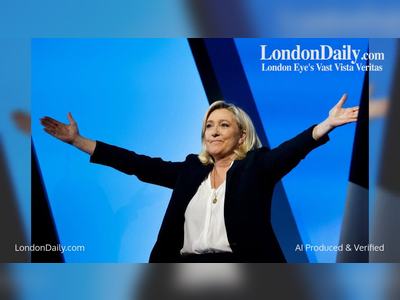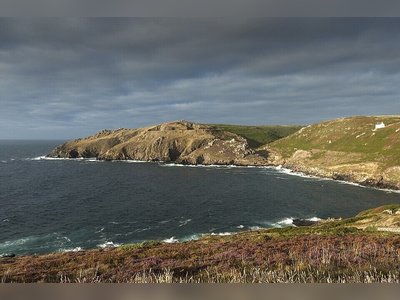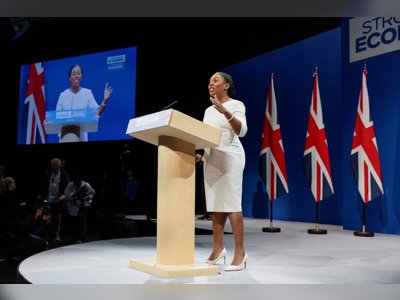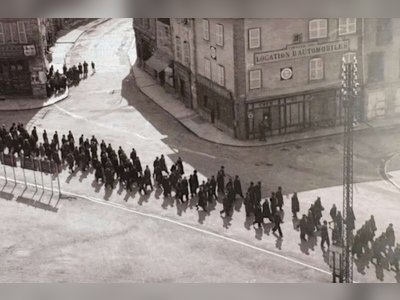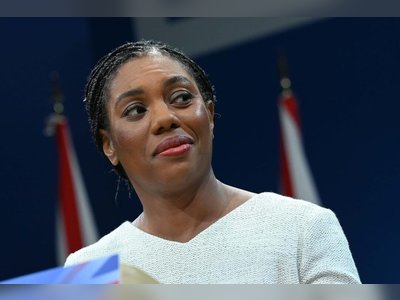The Davos Set in Decline: Why the World Economic Forum’s Power Must Be Challenged
The World Economic Forum was born of idealism — a place where world leaders and business visionaries could meet to forge collective progress. But over time, the Davos summit has evolved into something far darker: a theatre of global influence where unelected elites dictate the priorities of nations under the banner of “saving the world.” Its decline is not only inevitable — it is necessary for democracy to survive.
The so-called Davos set — billionaires, political dynasties, corporate chiefs, and bureaucrats — gathers each year to discuss how the world should be run. But who gave them this authority? No electorate appointed Klaus Schwab or his inner circle to define humanity’s future. Yet from climate mandates to digital ID systems, from global pandemic governance to economic restructuring, the WEF operates like an invisible parliament — issuing soft decrees that ripple through every country without ever facing a vote. This is not partnership; it is paternalism. And in its modern form, it borders on megalomania: the idea of a “one world government” managed by technocrats who believe democracy is too messy to trust.
The danger is not just philosophical. This concentration of power under a global elite threatens to erode national sovereignty and individual freedoms. It replaces open debate with corporate consensus, and elected governments with Davos-endorsed policy templates. The result is a form of soft dictatorship — a system of influence that hides behind philanthropy, sustainability goals, and the language of compassion while advancing uniform control over economies, resources, and even speech.
Can the WEF save itself? Possibly — if it dismantles its hierarchy, subjects itself to transparency, and stops acting as a shadow cabinet for the world. But the deeper question is: should it be saved at all? When an unelected body claims the right to steer humanity, that claim itself is illegitimate. The idea of global management by a small elite is not progress; it is regression — a return to monarchy under a modern name.
In a democratic world, power must flow upward — from free citizens to accountable leaders — not downward from billionaires in the Alps. The WEF’s influence may have once seemed benign, even visionary. But today, it represents the gravest contradiction of democracy: rule by those who were never chosen to rule. If liberty means anything, the age of Davos must end — not with applause, but with rejection.


